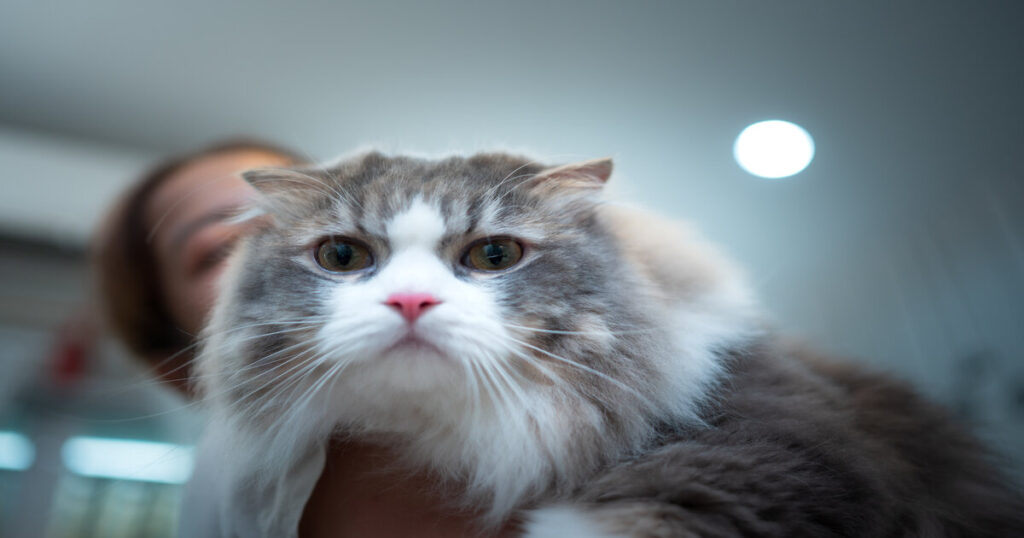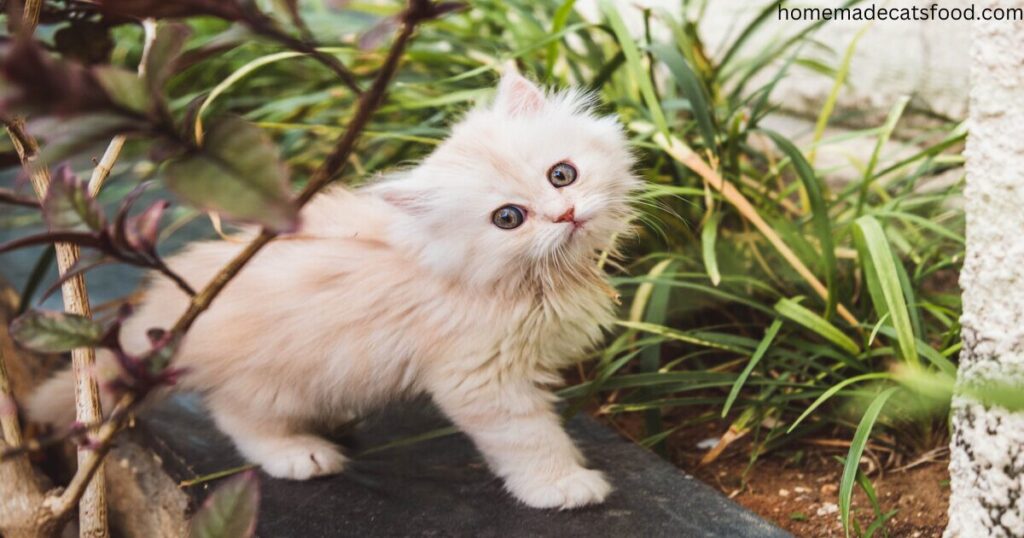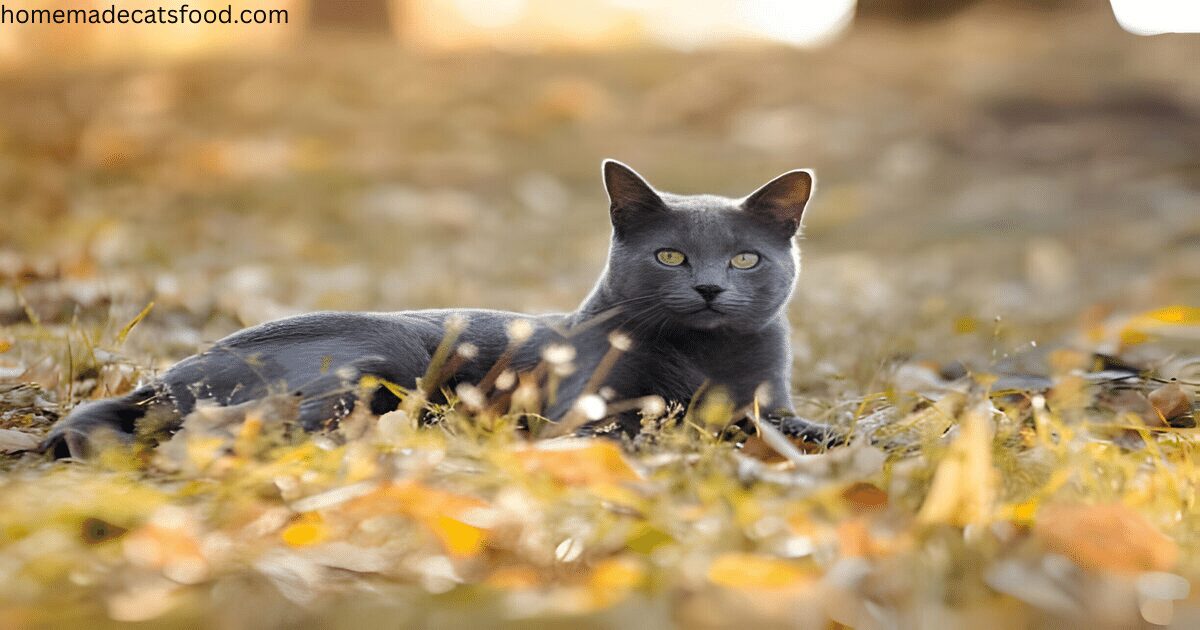Cats behavior changes
All about how cats’ Behavior changes as they age. The owners of cats understand that our cats love pets. Since they are sociable and play-loving cats can be a joy to live with and make life entertaining. Their behavior may begin to change when they become larger. Responsible pet owners be aware of any changes. To ensure that they provide their pets with the best possible care. In the next article, we’ll discuss the way cats behave as they age. We’ll also provide tips on how to ensure that your cat enjoys peace and happiness as they age.
To Understand How does cat Behavior change as they age?
Before we get into the details of how the behavior of cats changes over time. It’s crucial to comprehend the various stages of a cat’s lifespan. Cats are in different stages of life each with distinct needs and characteristics. These are the phases:
Kittens from birth to 6 months old
Senior Age: 7 months to 2 years old
Primarily: Age: 3 to 6.
Adult: 7-10 years old
Adults aged 11-14 years old
People who are aging, aged 15 and over
It is important to keep in mind the fact that all of these phases are just suggestions. Each cat is different and will grow up in its unique way dependent on factors such as breed characteristics and lifestyle.
What cats do when they grow older

The way cats behave may alter as they move through various phases in their life. When your pet is older, you might observe these changes in the way it behaves:
There is less activity Cats are known to slow their pace and are more likely to spend time in their beds as they grow older. The reason is because their energy levels decrease. They tend to conserve their energy for tasks that are important such as cooking and cleaning.
There is a greater volume of vocalization. Cats who are aging might begin to meow more frequently, particularly in the evening. It could be because they are seeking recognition or losing their mental capacity.
There is a decrease in how people clean is common as cats get older. They might not be able to wash themselves due to stiffness or suffering from arthritis. This can lead to the loss of hair, skin issues, and a dirty appearance. This is because. It is crucial to assist your cat’s age in grooming their hair frequently and maintaining it neat.
Weight loss: Cats’ metabolic rate slows as they age like us. This causes them to gain weight even though they consume similar amounts of meals. Cats who are overweight may lose weight in the event of illness. Be sure to monitor your cat’s weight, and contacting your veterinarian if you notice any significant changes is essential.
Changes in the way you sleep: Older cats might start to sleep more in the daytime. They may also become agitated at night. In the dark, they may have to rely on their other senses. It’s because they’re experiencing a decline in their vision or hearing.
Problems with the dropping box Some felines may have physical limitations. That prevents them from using the litter box, such as arthritis or dementia. They may also be experiencing problems if they are unable to locate the restroom on time. The problem can solved with an accessible toilet that isn’t too high.
Cats can grow less tolerant of new things and more hostile as they get older. Depending on their reaction, they can get irritated, run away, or hide.
What to Do When Cat Behavior change as they age?

Now that we’ve covered how cats’ behavior changes with age, let’s talk about how you may best care for your older cat:
Make routine vet visits for your pet. As your cat ages, it is crucial to take it in for checkups at the vet regularly to catch any problems early. For the sake of your cat’s health, The greatest technique to exercise your cat. What vitamins it should be taking, and what to feed it are all topics that your vet can help you with.
It is possible to alter your cat’s food as their nutrition needs can alter as they age. Your veterinarian can help decide what food is right for your cat based on its weight and age. And any other health issues they may have.
Keep your mind engaged. If you want your cat’s mind to remain sharp, it has to be engaged. This can be accomplished by providing them with toys, games, or even something new to do. For instance, let your cat go out in a controlled and safe manner.
Set up a comfy space If your cat is older, they may not be able to cope with changes in their environment. Your routine needs to be well-organized and you should provide them with a quiet, peaceful place to retreat to when they want to unwind.
Be patient and gentle The cat you love may alter behavior that is annoying or difficult to control as it grows older. When dealing with a senior cat must be understanding and patient as these changes are a result of getting older.
In the end
There is a wide range of behaviors that cats exhibit as they age. Being knowledgeable about is crucial if you want to shower senior animals with the love and attention they deserve. You must stay alert and ready for whatever adjustments or transformations may occur.
If you want your cat to have a happy and healthy senior year, this article has some great advice to help you out. Always keep in mind that it is your responsibility as a pet owner to make sure your pet has the best possible life. Be present and kind with your pet at all times; they deserve it.
1. How do the behavior of a cat change with age?
As they age, cats might experience changes in their behavior because of factors like decline in mental health and physical decline and changes to their surroundings. These changes vary between cats, but typically, they involve changes in the amount of activity as well as sleep patterns and social interactions.
2. What are the common changes in behavior for senior cats?
Common behavior changes seen in older cats can include a decrease in level of activity, more rest as well as changes in appetite. different grooming routines and less enthusiasm for social interactions. They might be more vocal or display signs of disorientation or confusion.
3. What can I do to aid my cat’s senior to adapt to the changes of age?
Offering a safe and comfortable space, keeping a consistent routine, and dealing with any health issues quickly can assist senior cats in adjusting to changes in their age. In addition, providing both physical and mental stimulation, like engaging toys and soft games, can keep them physically and mentally active.
4. Is normal for older cats to slow down in their activity?
It’s not unusual that senior cats slow down in their activity as they get older. They might be more sedentary or resting and might be less interested in playing or physical activities. However, any sudden or dramatic changes in the level of activity should be inspected by a vet to rule out any health problems.
5. Why do certain senior cats get more vocal?
A rise in vocalization among cats in their senior years could caused by a variety of factors such as cognitive decline or sensory decline and discomfort or attempts to communicate desires or discomfort. Must to observe changes in vocalization, and consult a veterinarian if needed.
